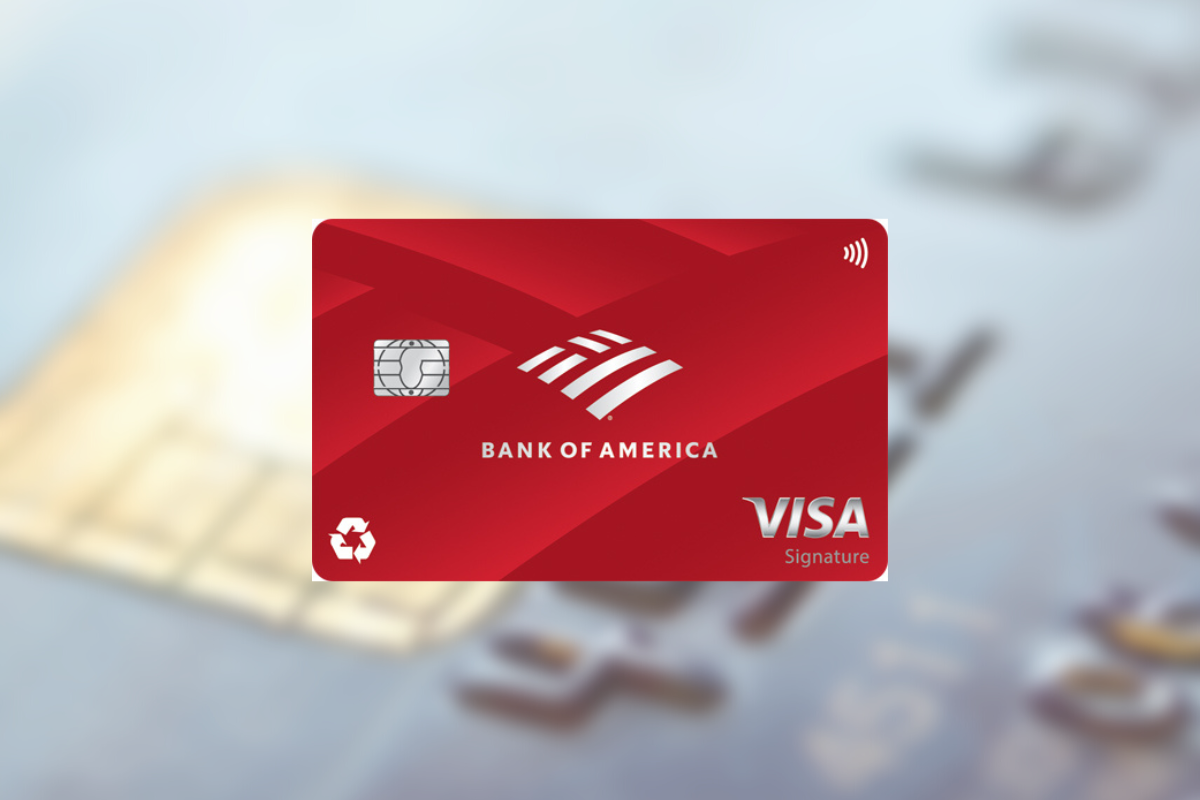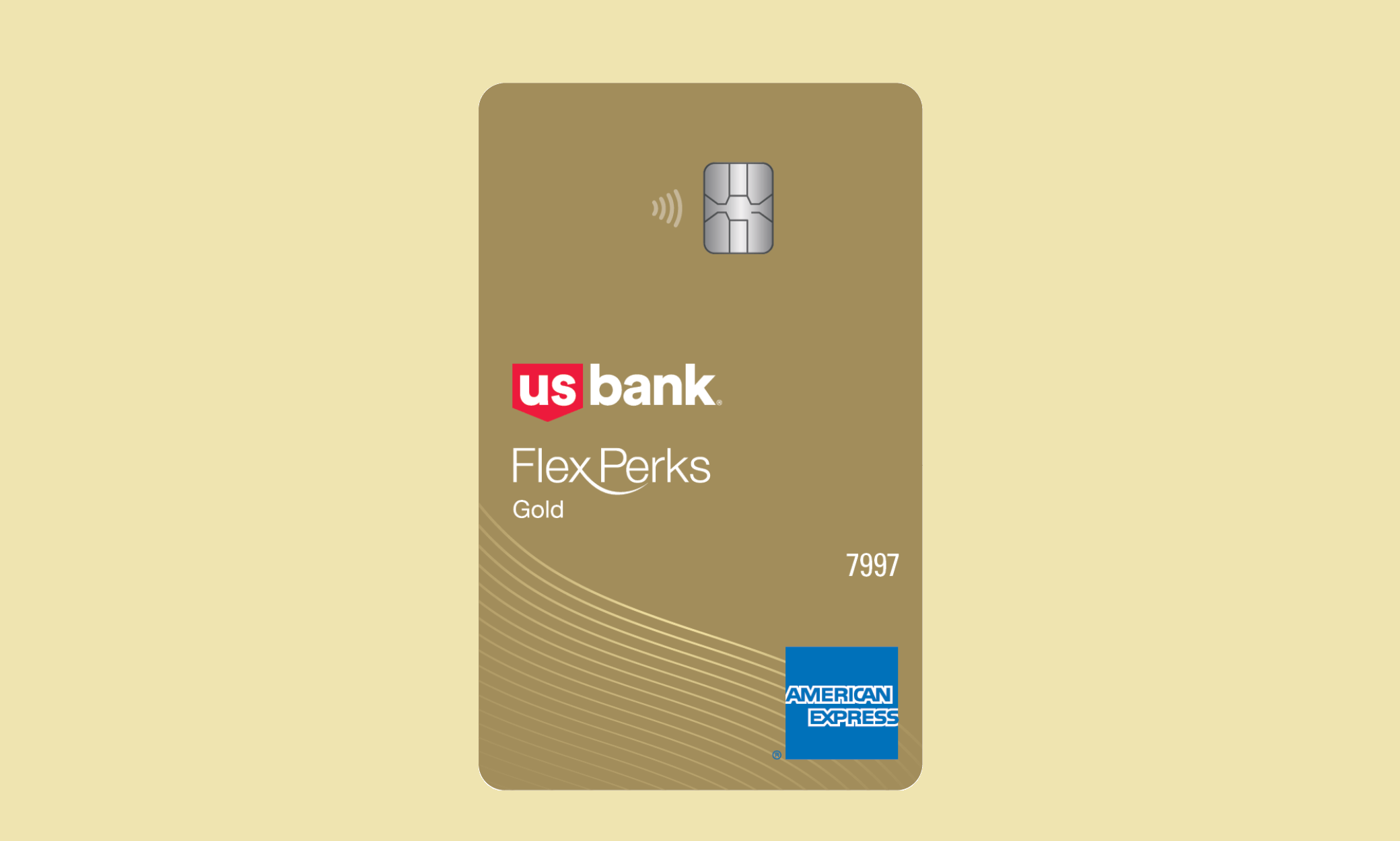How to Use Credit Cards Strategically to Improve Your Credit Score

The Significance of Credit Scores
A strong credit score is a reflection of your creditworthiness and is crucial for anyone making important financial decisions. It influences everything from loan approvals to rental applications. For instance, a borrower with a high credit score often enjoys lower interest rates on mortgages or car loans, potentially saving thousands of dollars over the life of the loan. Moreover, certain employers may evaluate your credit history as part of their hiring process, particularly for jobs in finance or security. Therefore, understanding how your credit card can impact your credit score is invaluable.
Building Your Credit History
One of the core benefits of using a credit card is the ability to build credit history. When you make timely payments on your credit card, these positive behaviors get reported to credit bureaus, which helps establish your credit profile. For example, using a credit card for everyday purchases like groceries or gas, and paying it off promptly, can show lenders that you are responsible with credit. Over time, this responsible behavior leads to a stronger credit score.
The Importance of Credit Utilization
Improving credit utilization is another important factor influenced by credit card usage. Credit utilization is the ratio of your current credit card balances to your total credit limit. For instance, if your credit limit is $10,000 but you only have a balance of $2,000, your utilization rate is 20%. Generally, keeping your utilization below 30% is recommended as it positively affects your score. High utilization can signal to lenders that you are overly reliant on credit, which may hurt your creditworthiness.
Creating a Diverse Credit Mix
In addition to building credit history and managing utilization, having a credit card contributes to a diverse credit mix, which can enhance your credit score. Credit scores consider different types of credit, including installment loans (like student loans or mortgages) and revolving credit (like credit cards). A well-rounded credit portfolio shows lenders that you can manage various types of debt responsibly.
Strategic Card Use
While the right practices can maximize the benefits of credit cards, poor management can lead to increased debt and lower credit scores. To truly harness the potential of your credit card, consider the following strategies:
- Pay your balance in full: This practice helps you avoid high-interest charges and avoids carrying a balance, which is beneficial for your credit score. For example, if you spend $500 on your credit card but pay it off every month, you won’t incur any interest.
- Make payments on time: A history of timely payments is one of the most significant factors in your credit score. Set reminders or automate payments if necessary to ensure you never miss a due date.
- Monitor your credit report: Regularly checking your credit report allows you to identify any inaccuracies or signs of identity theft, enabling you to address any issues promptly.
By incorporating these practices into your financial habits, you can effectively navigate the world of credit cards and significantly enhance your credit score. With disciplined and informed usage, you position yourself for greater financial success. Stay tuned as we uncover more actionable tips and insights to help you thrive in your financial journey.
SEE ALSO: Click here to read another article
Maximizing the Benefits of Your Credit Card
Using a credit card wisely can significantly impact your credit score, but it requires a strategic approach. Credit cards are not merely a tool for purchasing; they are an essential part of managing your financial health. By understanding the various elements of credit card use, you can navigate your spending and payments to not only meet your financial obligations but also improve your credit profile.
Establishing a Payment Routine
First and foremost, developing a consistent payment routine is crucial. When you create a habit of paying off your balance each month, you not only avoid interest charges but also demonstrate to lenders that you are reliable. Setting up automatic payments can be an effective way to ensure you never miss a due date, which is vital because late payments can substantially damage your credit score. Consider the following tips to establish a routine that works for you:
- Choose a payment schedule: Determine whether bi-weekly or monthly payments fit your budget better. Paying every two weeks can help you reduce your balance faster and improve your credit utilization.
- Utilize reminders: Set reminders on your phone or calendar for payment due dates, or use an app that notifies you before payments are due.
- Focus on smaller purchases: Consider using your credit card for regular, manageable expenses. This practice allows you to pay off the balance more easily each month while still using the card to build credit history.
Balancing Between Credit Limits and Spending
Understanding how much of your available credit you should use plays a pivotal role in cultivating a healthy credit score. Keeping your credit utilization ratio low—typically below 30%—is key. For example, if your total credit limit across all cards is $5,000, try to keep your balance below $1,500. High credit utilization can raise red flags for creditors, suggesting that you might be taking on too much debt. Here are a few strategies to maintain a healthy balance:
- Spread your spending: If you have multiple cards, consider spreading your purchases across them rather than maxing out a single card. This keeps individual utilization rates low.
- Request higher credit limits: If you’ve been a responsible borrower, consider asking for a higher credit limit on your cards. This can lower your utilization ratio, provided you don’t increase your spending.
By consciously managing how you utilize your credit card and establishing solid payment habits, you can pave the way toward a more robust credit score. Remember, building credit takes time and discipline, but the rewards—a lower interest rate on future loans or a greater likelihood of credit approval—are well worth the effort. In the following sections, we will delve deeper into additional strategies to ensure that you are fully equipped to enhance your credit health.
SEE ALSO: Click here to read another article
Understanding Credit Reporting and Impact
To effectively use credit cards in your favor, it is essential to have a good grasp of how credit reporting works and the factors that influence your credit score. Your credit report reflects your credit history, and this history plays a significant role in determining your creditworthiness. Knowing how credit scoring models evaluate different aspects can help you make informed decisions regarding your card usage. Here, we explore the elements that affect your credit score:
Components of Your Credit Score
Your credit score typically ranges from 300 to 850 and is calculated based on several components, each contributing to your overall score:
- Payment History (35%): The most significant factor is whether you’ve paid your bills on time. A single late payment can decrease your score significantly, highlighting the importance of developing routines as mentioned previously.
- Credit Utilization (30%): This refers to the amount of credit you’re using relative to your available credit. Keeping this ratio low is vital, ideally below 30%, to show that you aren’t overly reliant on credit.
- Length of Credit History (15%): The longer your credit accounts have been open, the better it reflects on your credit score. Avoid closing old accounts, even if you don’t use them frequently, as they contribute positively to the length of your credit history.
- Types of Credit in Use (10%): A mix of credit accounts, such as credit cards, mortgages, and installment loans, can positively impact your score. This diversity shows lenders you can responsibly manage different types of credit.
- Recent Credit Inquiries (10%): Applying for multiple new credit accounts in a short period can lead to “hard inquiries” on your report, temporarily lowering your credit score. Be cautious with applications and only apply for credit when necessary.
Keeping Track of Your Credit Report
Monitoring your credit report regularly is an essential step in managing your credit score. The Fair Credit Reporting Act allows you to request a free credit report from each of the three major credit bureaus—Experian, TransUnion, and Equifax—once a year. Here’s how to utilize this information:
- Check for Errors: Review your credit report for inaccuracies, as errors can negatively impact your score. If you notice any discrepancies, dispute them right away with the credit bureau to have them corrected.
- Track Your Progress: By obtaining your report periodically, you can track changes in your score after implementing various strategies and adjust your financial habits accordingly.
Additionally, consider using free credit monitoring tools and services to keep an ongoing watch on your score. Many credit card companies provide access to your credit score and offer personalized insights to help you manage your credit health effectively. By leveraging these resources, you can gain a better understanding of where you stand and what actions you need to take proactively.
Building Positive Credit Relationships
Lastly, it’s crucial to build positive relationships with your lenders. Open communication can go a long way in resolving any issues that might arise. For instance, if you anticipate a late payment due to unforeseen circumstances, contact your credit card issuer ahead of time. Many companies are willing to work with you to come up with alternative payment solutions, which can help prevent a missed payment from impacting your credit score.
By understanding the mechanics of credit scoring and monitoring your credit health, you can use your credit card responsibly to not only improve your credit score but also pave the path for better financial opportunities in the future.
SEE ALSO: Click here to read another article
Conclusion
Using credit cards strategically can be a powerful tool to improve your credit score and secure a brighter financial future. By focusing on the key components of your credit score—such as payment history, credit utilization, and length of credit history—you can make informed decisions that contribute positively to your creditworthiness. Always remember to pay your bills on time, as a solid payment history is the cornerstone of a healthy credit score.
Additionally, maintaining a low credit utilization ratio—ideally below 30%—demonstrates to lenders that you are a responsible borrower. This means utilizing credit wisely rather than relying heavily on it. Don’t hesitate to leverage the tools and resources available to you, such as free annual credit reports and monitoring services, to keep a close eye on your credit status. Regularly checking your credit report for errors can help you avoid unnecessary setbacks that harm your score.
Finally, foster positive relationships with your lenders. Communicating proactively can help prevent potential issues from escalating. By adopting these strategies, you not only enhance your credit score but also lay a solid foundation for future financial opportunities, whether it’s securing a loan for a new home or obtaining the best interest rates on credit. Remember, a little knowledge and discipline can go a long way in achieving your financial goals.


